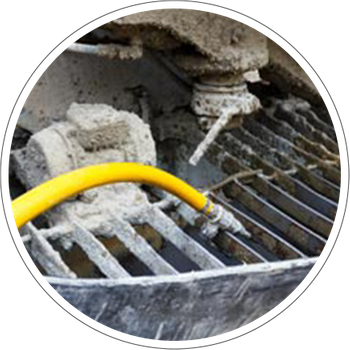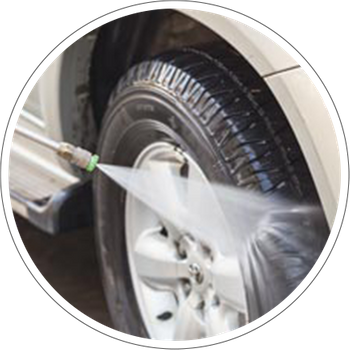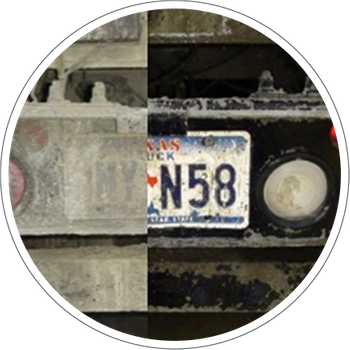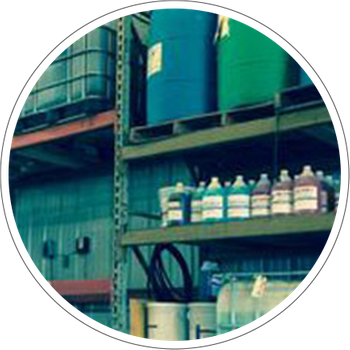In the construction world, there is a huge workforce section dedicated to quality control. For our purposes today we will focus on the technicians who test and verify that ready-mixed concrete is up to code and passes engineer specifications. Although many in the construction field may scoff at the tester showing up to slow them down, concrete testing is vital to assuring quality. In cases of state-run jobs, contractors do not get paid unless an independent company can verify the results of their concrete. But what do concrete testers actually test? Concrete Chemicals is here to enlighten readers on the construction field, one blog at a time. Below is a quick overview of what quality control technician does when testing concrete in the field:
Testing Your Concrete
Slump
The slump test is a very simple determination of how wet the ready-mix concrete is. A tester will place a cone (4 inches wide at top and 8 inches at bottom) on a flat, nonabsorbent surface. Following ASTM C143’s standards (as provided by Purdue.edu) for testing, a field tech will essentially lift their concrete mold up steadily to make a sort of sand castle out of concrete. The distance your concrete drops from its starting point is the recorded number for your slump.
Air Content
Testing the amount of air inside of a truckload of concrete is a very important action. Any region with freeze/thaw cycles should utilize proper air testing to ensure there is the proper amount for optimal concrete life. Too little air can cause the concrete to crack when spring thawing occurs. Too much air can lead to a much weaker, fragile product. Testers follow ASTM’s C231 standard to, in easiest terms, push air into a chamber full of concrete and read how much air is displaced. Typically 5-8% is a safe bet for concrete exposed to seasonal temperature changes.
Temperature
Concrete that heats up over 90 degrees Fahrenheit will start to hydrate rapidly or flash-set. If this happens in transit then you have a mixing drum full of fully set, ruined product. In most cases, that would be 10 cubic yards (or 40,000 pounds!) of concrete. If the temperature is too low, the water inside may freeze or the mix will cure incorrectly. Both scenarios are worrisome and are best avoided by simply checking the temperature of the concrete.
Concrete testing is a vital part of the construction business. Clients expecting a long-lasting, quality product are informed of this aspect regularly. An unintended result of this work is the need for concrete cleaning supplies. Whether you drive the concrete mixer or the tester’s truck, your vehicle will take on concrete. Here at Concrete Chemicals in Zimmerman, we offer a full stock of concrete dissolvers, concrete removal mixtures, and efficient car wash products. Keep your vehicle clean by checking out our products today.
REQUEST A QUOTE





